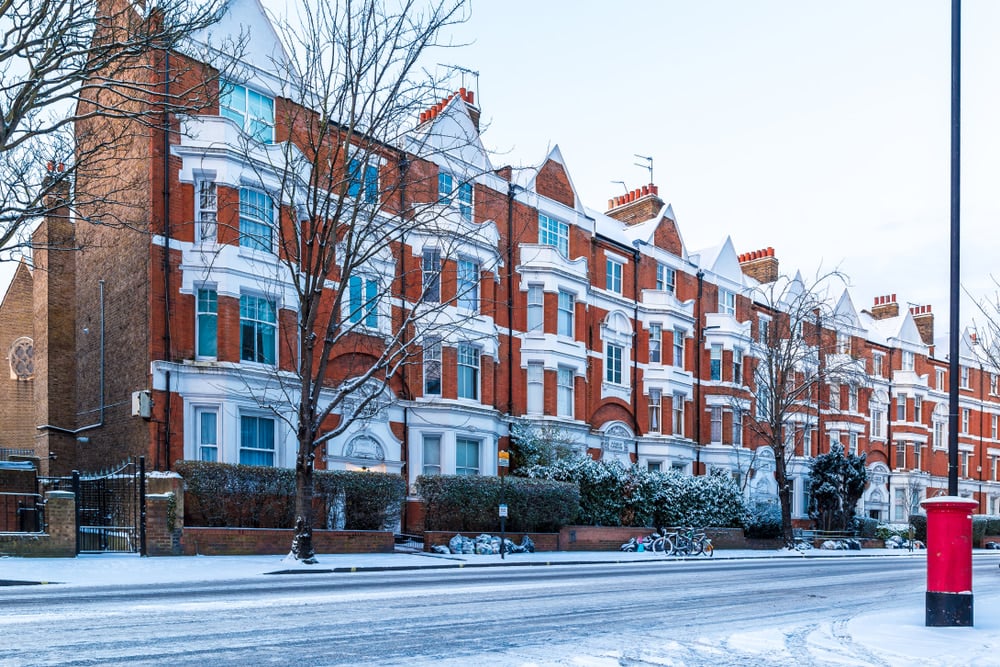Your guide to proposals to regulate short-term lets and holiday rentals
Policy makers across England, Scotland, and Wales are proposing various ways to regulate short-term lets and holiday rentals to help solve the problem of low housing stock for letting agents, landlords, and tenants.
The Goodlord team
Jan 17, 2022
The government has confirmed that it will set out new rules for when second homeowners letting out their properties short-term in England can access business tax rates. England's not alone in proposing new and updated legislation in the sector. As a housing crisis threatens the UK, policy makers are turning to the short-term and holiday let segment of the market in search of a solution.
Business rates relief and a Tourist Accommodation Registration Scheme (England)
In England, holiday rentals now need to meet a "letting threshold before they can be assessed for business rates. This aligns the criteria for English holiday rentals to access business rates with the rules in Wales, where properties need to be let for a minimum of 70 days a year and available to let for 140 days per year.
The change aims to ensure that "only genuine holiday businesses can access the rate relief for small businesses", rather than paying council tax. The rules have applied in England since April 2023.
A consultation on introducing a new registration scheme for short term lets has also been launched, aiming to gather views on how this should work and what at what level the framework should operate.
Running alongside this consultation, a second consultation on new planning permission rules for short-term lets has also launched. This proposes a more flexible approach, so that local authorities in those regions with high short-term let demand can apply restrictions, when necessary.
Planning policy, tax-systems, and a registration scheme (Wales)
In Wales, several consultations are underway or awaiting government response as part of a "three-pronged approach" to address the affordability of homes in the Welsh Community, concluding that "there is no single solution".
One consultation seeks to clarify the planning permission required to change a primary home to a secondary home or holiday let to rent out - and to make the "prevalence of second homes and short-term holiday lets in a local area" a deciding factor in granting this permission. A pilot of the proposal will run in Dwyfor from January 2022.
Tax systems are also being evaluated, with results expected this year from a consultation held in 2021. Local authorities currently have discretionary power to charge higher rates of council tax on second homes, and the consultation has proposed increasing the maximum rate this premium can be set at. It also considers further strengthening the criteria required for second homes to register for business rates, alongside suggestions to make short-term holiday accommodation exempt from small business rates relief.
A consultation around introducing a licensing scheme for "visitor accommodation providers" has also been announced. Agents have until 17 March 2023 to respond.
Short-term let licences (Scotland)
In Scotland, legislation has already been passed to allow "control areas" to be set up in regions where, as Social justice secretary Shona Robison explains, holiday lets are making it "harder for people to find homes to live in."
All local authorities need to have a short-term lets licensing scheme in place since October 2022. Anyone operating an existing holiday or short-term let will then have until 1 October 2023 to apply for a licence.
Opposing arguments in Scotland suggest that self-regulating registration would be a better solution, as, under the licensing scheme, "local authorities will have the power to refuse a licence. That means the business will be terminated," says SNP member, Fergus Ewing.
Want the latest lettings new delivered straight to your inbox every week? Sign up to our mailing list and stay up to date.




.jpg)

